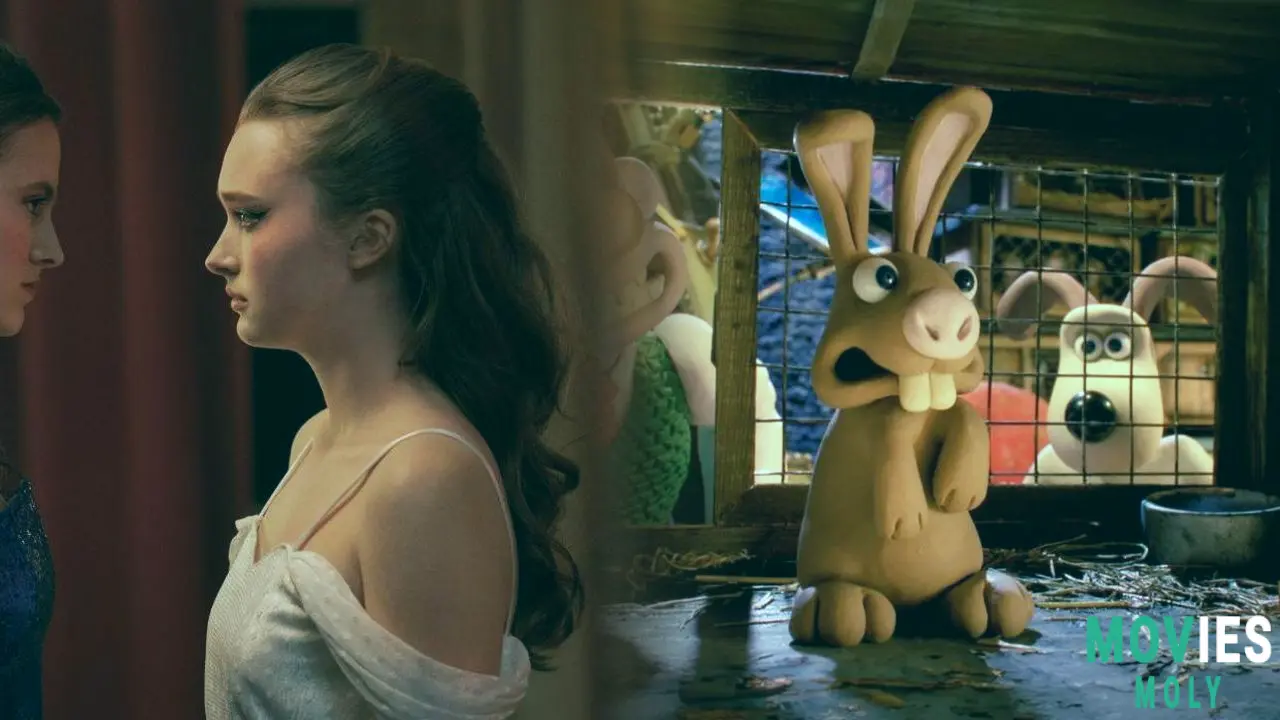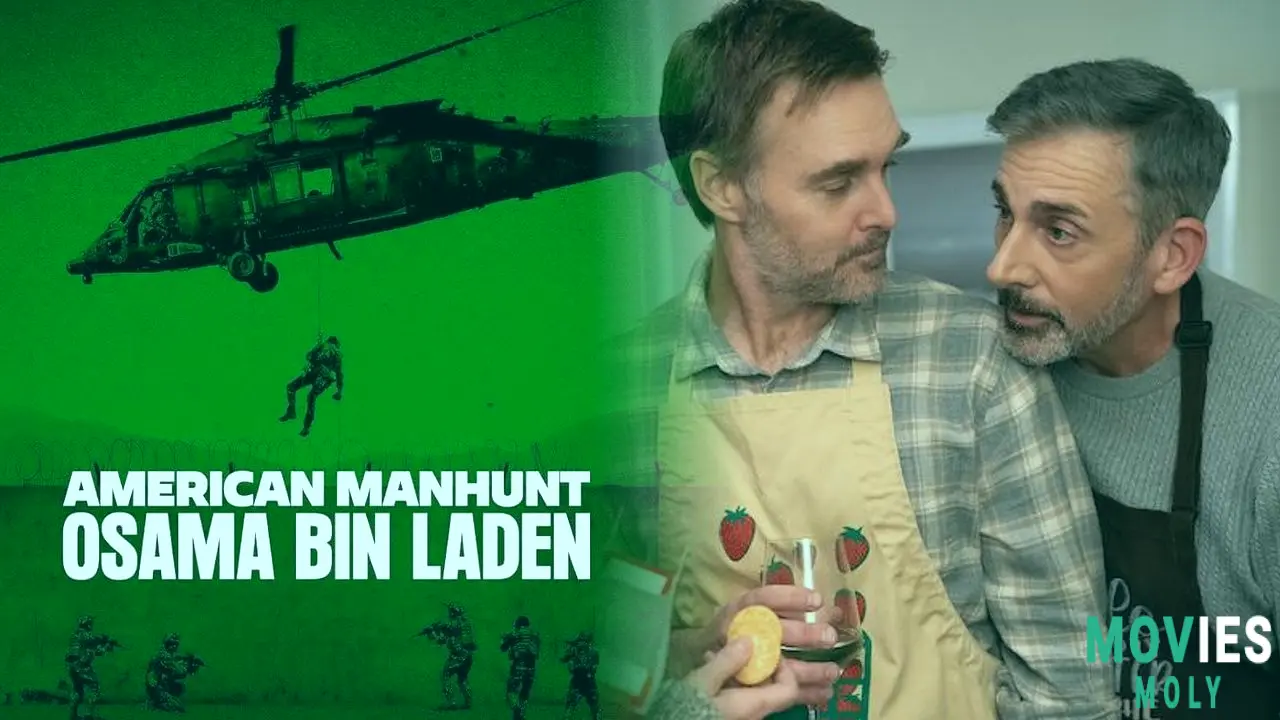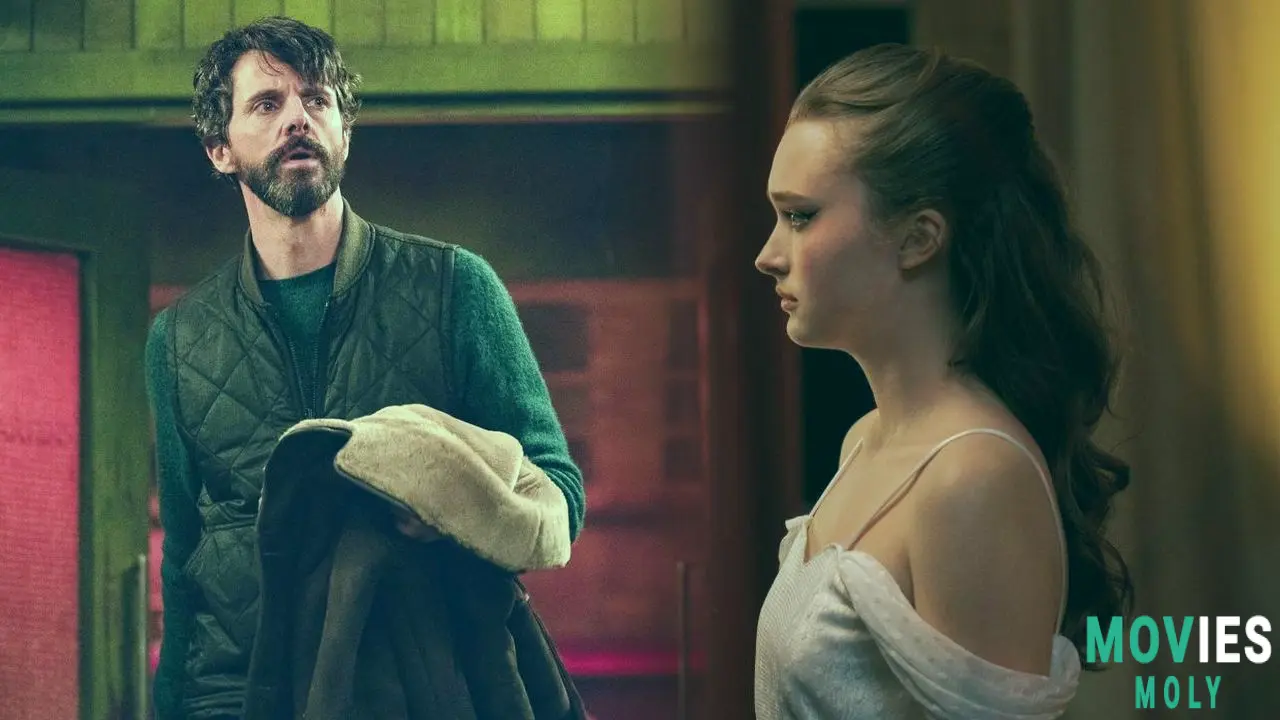Netflix’s May 1st slate doesn’t just kick off the month — it kicks open the door to a genre-defining talk that’s long needed a makeover. The Four Seasons, the streaming giant’s latest limited series, doesn’t just borrow the name and premise from the 1981 romantic comedy classic. It retools, recharges, and reimagines the material into something that’s as emotionally resonant as it is hilariously sharp. With an all-star cast featuring Steve Carell, Tina Fey, Colman Domingo, and Will Forte, this eight-episode series isn’t just a remake — it’s a masterclass in modern relationships.
More than a Remake: How The Four Seasons Updates a 40-Year-Old ClassicWhat sets The Four Seasons apart from the usual nostalgia-driven reboots cluttering streaming platforms is its ambition. Instead of merely transplanting the '80s comedy-of-manners vibe into the 2020s, the series digs deeper into what it means to be married, stuck, happy, and hopeful in today’s world. The original film followed three married couples through seasonal weekend getaways. This new version follows three couples — Kate and Jack (Fey and Forte), Claude and Danny (Domingo and Marco Calvani), and Nick and Anne (Carell and Kerri Kenney-Silver) — whose longstanding friendship is tested when one of them drops a bombshell: they're unhappy and planning to leave their partner.
It’s a simple setup, but the execution is anything but. The show balances raunchy humor with real heartbreak, weaving through jealousy, identity, and the evolution of love with a finesse that feels more Marvel-level layered than Rom-Com cliché. And like a well-placed easter egg in the MCU, the fact that Alan Alda — who starred in the original — makes an appearance ties the past and present together in a way that’s respectful but never reliant on legacy alone.
Star Power That Never Overshadows the Story

One of the biggest risks in ensemble casting is letting the names outshine the narrative. Luckily, The Four Seasons assembles its cast like a director assembling Avengers — each actor brings their A-game without stealing the spotlight. Carell’s performance as Nick is quietly powerful; he’s not the loudest in the room, but his emotional range carries some of the show’s heaviest moments. Fey and Forte, long veterans of the SNL-turned-everywhere-comedy circuit, deliver chemistry that feels lived-in and real, not rehearsed.
Colman Domingo, known for his intensity in projects like Primetime Emmy-winning Evans and Ma Rainey’s Black Bottom, adds a grounded emotional depth as Claude that contrasts perfectly with the comedic beats. The dynamic among the six leads mirrors the complexity of real friendships — funny, messy, supportive, and sometimes painfully honest.
Hidden Depths: When a Light Comedy Becomes Emotionally Groundbreaking

At first glance, The Four Seasons might seem like it’s aiming for the same crowd-pleasing laughs as Crazy, Stupid, Love. but by episode three, it’s clear this series is playing in a different league. Themes of midlife crisis, gender roles, emotional labor, and even mental health bubble beneath the surface of every comedic scenario. The show never preaches, but it never skirts around the truth either. It’s the kind of storytelling that turns casual viewers into fans — and fans into evangelists.
There’s a moment in episode five that feels like a dialogue straight out of a Joel and Ellie (from The Last of Us) type of emotional breakthrough — raw, unfiltered, and transformative. Without spoiling too much, it’s the kind of scene that elevates a series from “funny date night watch” to “must-mention-in-your-Netflix-Tudum-panel.”
Seasonal Structure with a Cinematic Touch

The series smartly uses its seasonal structure not just as a nod to the original title, but as a metaphor for emotional cycles. Each episode feels like a weather pattern — sometimes sunny with a chance of sarcasm, sometimes stormy with unresolved tension. The cinematography subtly shifts with these moods, employing warm hues during moments of comfort and colder palettes when the relationships begin to fracture.
This kind of visual storytelling is the sort of detail that fans of Christopher Nolan or Denis Villeneuve might appreciate in a different context. It’s not about spectacle, but about atmosphere — and The Four Seasons nails it.
What This Means for Netflix and the Romantic Comedy Genre
Netflix has been on a roll redefining genres, whether it’s through Black Mirror’s sci-fi dystopias or Squid Game’s survival horrors. With The Four Seasons, they’ve done something equally impactful for romantic comedies. This isn’t just a must-watch for fans of the genre — it’s a blueprint for how to modernize old material without losing its soul.
And here’s the kicker: the original The Four Seasons film drops on Netflix May 5. So you can watch the new series, then jump back into the ‘81 classic and see the evolution of love, humor, and gender dynamics across four decades. It’s like watching Spider-Man: Into the Spider-Verse and then going back to the ’60s cartoon — different eras, same core heart.
Final Weather Report: Sunny with a Chance of Emotional Revelations
The Four Seasons isn’t just one of Netflix’s best limited series of 2025 — it’s one of the smartest, funniest, and most emotionally honest. Whether you’re in a relationship, out of one, or just surviving one, this show speaks to the human condition with the wit of a Paul Rudd and the punch of a Charlize Theron in Atomic Blonde. It’s the kind of show that sneaks up on you during a weekend binge and leaves you reevaluating your life by Monday.
So grab your popcorn, maybe a tissue or two, and dive into The Four Seasons. It’s not just a throwback — it’s a breakthrough.






